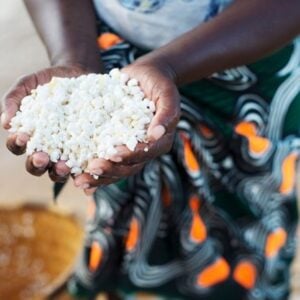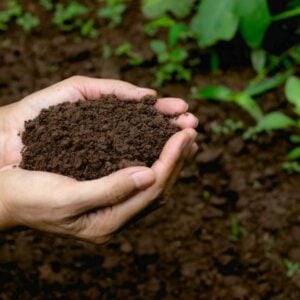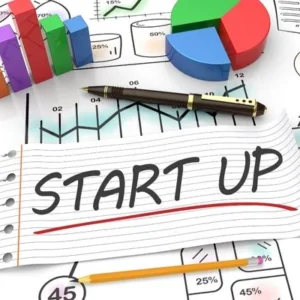Drought and extreme heat are increasingly threatening the livelihoods of smallholder farmers worldwide, particularly those reliant on rain-fed agriculture. Climate-resilient irrigation has emerged as a transformative solution, enabling farmers to produce more crops with less water despite erratic rainfall. This sustainable approach not only enhances agricultural productivity but also strengthens local economies and could help feed an additional 1.4 billion people by 2050, addressing the needs of a growing global population.
A key example of successful implementation is the Viet Nam Sustainable Agriculture Transformation (VNSAT) Project, highlighted in a World Bank special article, Transforming Lives Through Climate-Resilient Irrigation: Game Changers for a Livable Planet. The project, led by the International Rice Research Institute (IRRI), has equipped over 156,000 rice-farming households with climate-smart practices aimed at both adaptation and mitigation of climate change impacts.
In Can Tho, IRRI deployed advanced methane-tracking technology across 40 farms, enabling farmers to reduce greenhouse gas emissions through the “Alternate Wetting and Drying” irrigation technique. By using sensors and a smartphone app, farmers optimized water use, leading to a reduction of 1.5 million metric tons of CO2 equivalent emissions. The success of these efforts encouraged the Vietnamese government to expand climate-smart practices through the 1-Million Hectare High Quality and Low Emission Rice (1mHa) Program. Launched in late 2023, this initiative has received support from CGIAR programs such as Asian Mega-Deltas and Excellence in Agronomy, which provide technical guidance, develop national guidelines, and facilitate knowledge exchange and stakeholder collaboration.
The Scaling for Impact Science Program (S4I), along with the Sustainable Farming Science Program and other initiatives like RiceEco, USDA Fertilize Right, and MOM-P, continues to advance these efforts. S4I provides technical advisory services, promotes innovations in precision Direct Seeding Rice (DSR) and nutrient management, and employs digital tools including e-extension platforms and EasyFarm. The program also supports policy development and the creation of Monitoring, Reporting, and Verification (MRV) systems, incentivizing farmers to adopt sustainable practices while scaling up climate-resilient irrigation across Vietnam.







